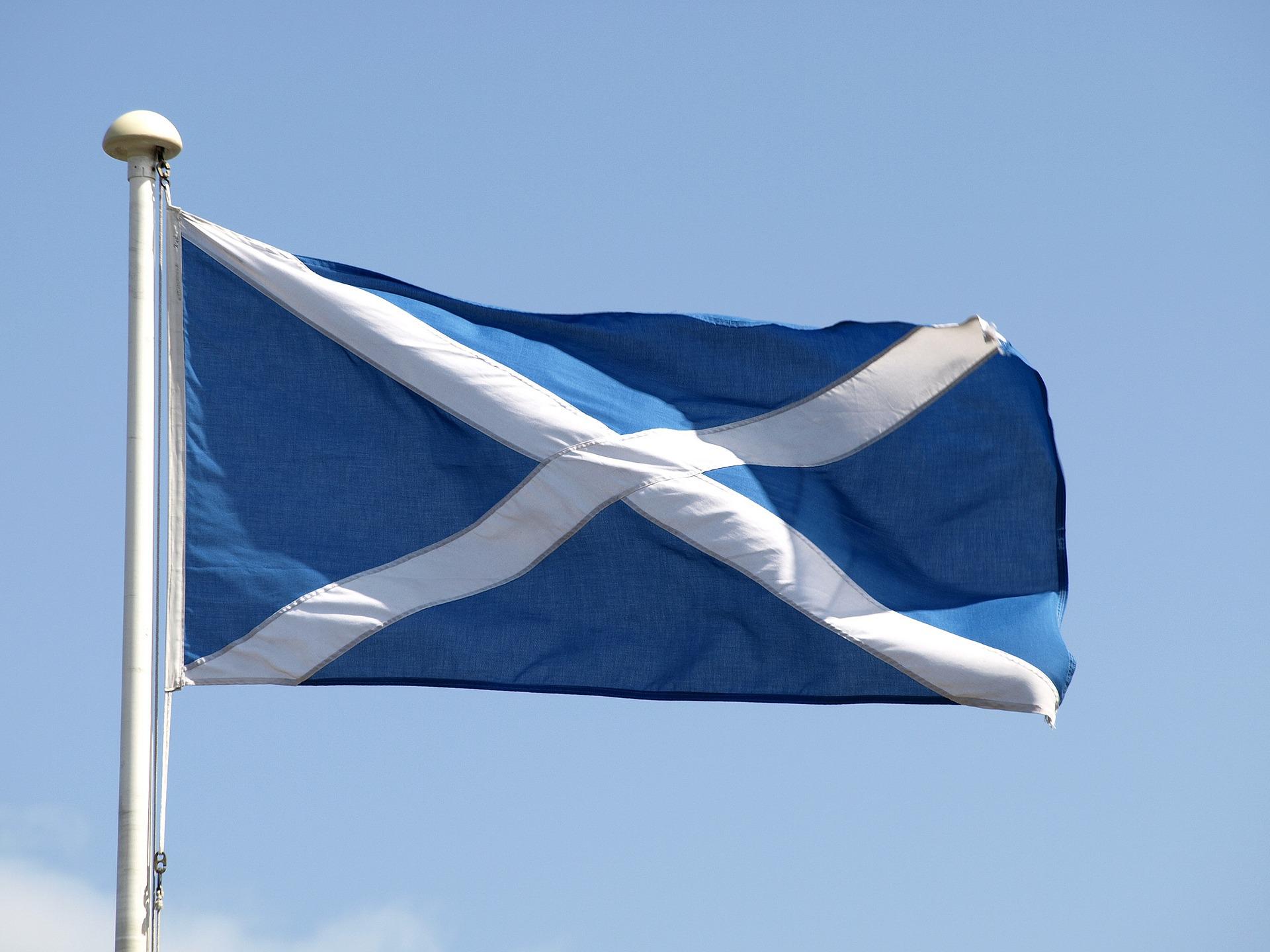The candidates to become the next prime minister of the United Kingdom and the leader of the ruling Conservative Party have outlined their stance on a new push by Scotland for independence. Foreign secretary Liz Truss and former finance minister Rishi Sunak both opposed the notion and sought to present themselves as a defender of Scotland’s place in the UK.
Sunak and Truss Tuesday both expressed opposition to Scotland’s renewed push for independence as the Scottish National Party, which leads the semi-autonomous government, is looking to hold another independence referendum next year.
In their appearances at the Conservative Party events in the country, Sunak and Truss outlined their policies on Scotland.
Both candidates sought to focus on the Scottish government’s record on health and education. Sunak and Truss both ruled out granting another independence referendum should either of them become prime minister, citing that the issue was already settled in the last referendum in 2014.
“To me, we’re not just neighbors, we’re family. And I will never ever let our family be split up,” said Truss.
Truss previously promised to give parliamentary privilege to members of the Scottish parliament to allow more scrutiny of the government. Truss also said she would push for a trade deal with India to end the longstanding 150 percent tariffs on Scotch whiskey.
Sunak said if he is elected prime minister, he would order senior officials of the Scottish government to attend the annual British parliament committee hearings and ensure data on the performance of Scottish public services was consistent with the numbers published for England and Wales.
The opposition Labor Party called for a freeze on the energy price cap Monday to help people deal with increased rates on their energy bills. This follows the pledge of Sunak and Truss of more limited help compared to the £29 billion plan by Labor leader Keir Starmer.
Starmer said if the Labor Party holds power, they would cap energy rates at the level of £1,971 per year for six months from October and would pay for it by extending a windfall tax on oil and gas companies in the North Sea to raise £8.1 billion.



 China Warns US Arms Sales to Taiwan Could Disrupt Trump’s Planned Visit
China Warns US Arms Sales to Taiwan Could Disrupt Trump’s Planned Visit  Trump Endorses Japan’s Sanae Takaichi Ahead of Crucial Election Amid Market and China Tensions
Trump Endorses Japan’s Sanae Takaichi Ahead of Crucial Election Amid Market and China Tensions  South Korea Assures U.S. on Trade Deal Commitments Amid Tariff Concerns
South Korea Assures U.S. on Trade Deal Commitments Amid Tariff Concerns  U.S.-India Trade Framework Signals Major Shift in Tariffs, Energy, and Supply Chains
U.S.-India Trade Framework Signals Major Shift in Tariffs, Energy, and Supply Chains  Japan Election 2026: Sanae Takaichi Poised for Landslide Win Despite Record Snowfall
Japan Election 2026: Sanae Takaichi Poised for Landslide Win Despite Record Snowfall  Nighttime Shelling Causes Serious Damage in Russia’s Belgorod Region Near Ukraine Border
Nighttime Shelling Causes Serious Damage in Russia’s Belgorod Region Near Ukraine Border  Trump’s Inflation Claims Clash With Voters’ Cost-of-Living Reality
Trump’s Inflation Claims Clash With Voters’ Cost-of-Living Reality  Trump Signs Executive Order Threatening 25% Tariffs on Countries Trading With Iran
Trump Signs Executive Order Threatening 25% Tariffs on Countries Trading With Iran  Trump Signs “America First Arms Transfer Strategy” to Prioritize U.S. Weapons Sales
Trump Signs “America First Arms Transfer Strategy” to Prioritize U.S. Weapons Sales  India–U.S. Interim Trade Pact Cuts Auto Tariffs but Leaves Tesla Out
India–U.S. Interim Trade Pact Cuts Auto Tariffs but Leaves Tesla Out  Trump Backs Nexstar–Tegna Merger Amid Shifting U.S. Media Landscape
Trump Backs Nexstar–Tegna Merger Amid Shifting U.S. Media Landscape  TrumpRx.gov Highlights GLP-1 Drug Discounts but Offers Limited Savings for Most Americans
TrumpRx.gov Highlights GLP-1 Drug Discounts but Offers Limited Savings for Most Americans  Jack Lang Resigns as Head of Arab World Institute Amid Epstein Controversy
Jack Lang Resigns as Head of Arab World Institute Amid Epstein Controversy  U.S. Lawmakers to Review Unredacted Jeffrey Epstein DOJ Files Starting Monday
U.S. Lawmakers to Review Unredacted Jeffrey Epstein DOJ Files Starting Monday  Missouri Judge Dismisses Lawsuit Challenging Starbucks’ Diversity and Inclusion Policies
Missouri Judge Dismisses Lawsuit Challenging Starbucks’ Diversity and Inclusion Policies  Federal Judge Restores Funding for Gateway Rail Tunnel Project
Federal Judge Restores Funding for Gateway Rail Tunnel Project  Trump Lifts 25% Tariff on Indian Goods in Strategic U.S.–India Trade and Energy Deal
Trump Lifts 25% Tariff on Indian Goods in Strategic U.S.–India Trade and Energy Deal 































